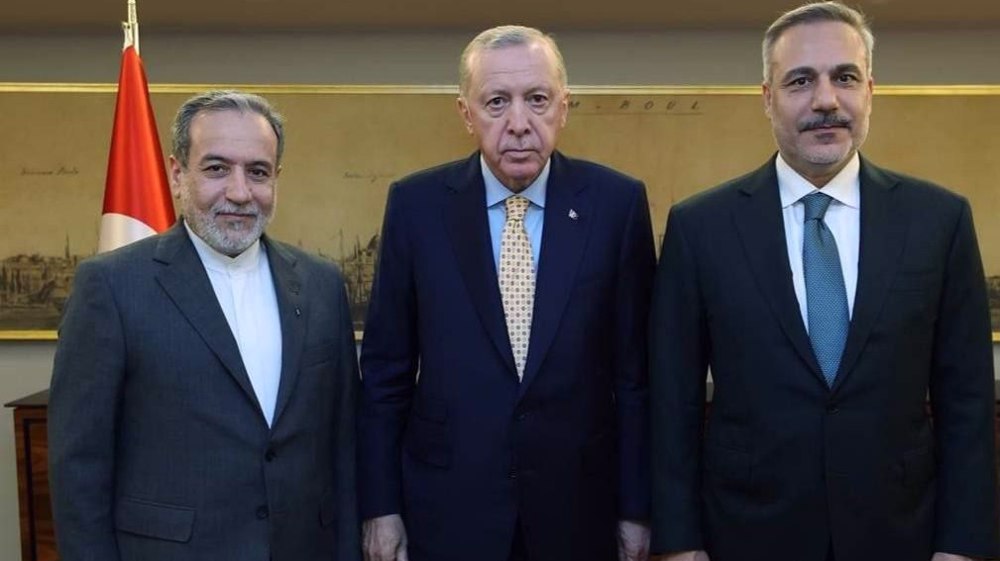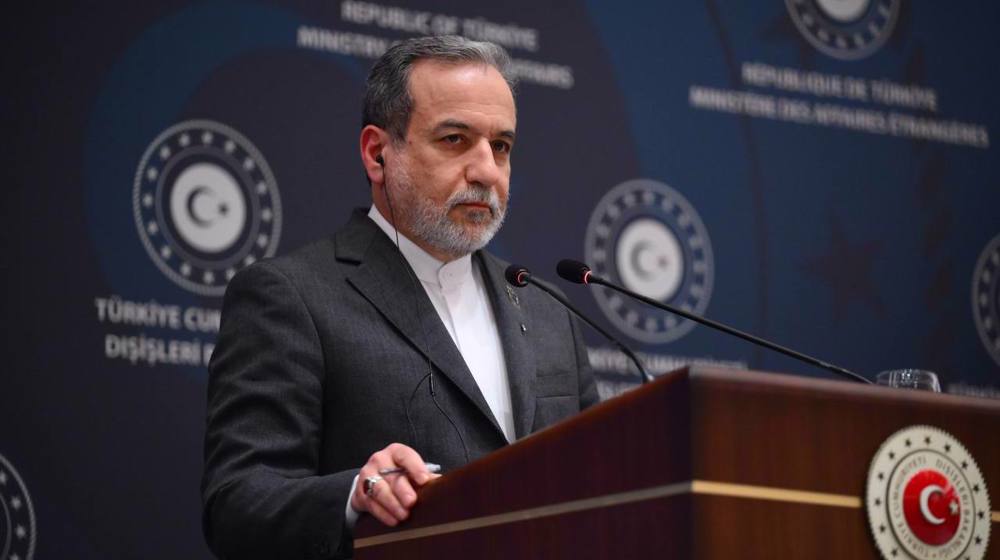Turkey repeats request for Gulen extradition, threatens to reconsider US ties
Turkey repeats a plea to the United States to extradite a Turkish cleric whom Ankara routinely blames for woes inside Turkey, including the recent coup attempt, which the cleric has condemned.
Turkish Prime Minister Binali Yildirim said on Monday that Pennsylvania-based Fethullah Gulen must be extradited without preconditions, implying that Ankara’s ties with Washington are at stake.
The US has said it would extradite Gulen only if Turkey provides evidence, not allegations, that he was behind the recent coup bid.
“We would be disappointed if our (American) friends told us to present proof even though members of the assassin organization are trying to destroy an elected government under the directions of that person,” Yildirim said, referring to a perceived “deep state” that Ankara believes is working under Gulen’s instructions.
“At this stage, there could even be a questioning of our friendship,” he said.
Officials in Turkey — a NATO member — have previously said they would reconsider ties with the US if Gulen is not handed over to them.
The recent botched putsch in Turkey began late on July 15 when a faction of the Turkish military declared it was in control of the country and the government was no more in charge.
Tanks, helicopters, and soldiers then clashed with police and people on the streets of the capital, Ankara, and Istanbul.
A total of 290 people were killed in the attempted coup d’état, which was gradually suppressed.
Gulen was once Turkish President Recep Tayyip Erdogan’s mentor, before becoming his perceived enemy number one.
Erdogan said on Monday that Ankara would be filing an extradition request this week.

Nearly 20,000 members of the police, civil services, the judiciary, and the army have been detained or suspended in the aftermath of the coup.
The subsequent Turkish crackdown has prompted fears that Ankara is using the coup to reinvigorate its suppression of dissent. Citing its anti-terrorism laws, Ankara has for long been taking on its Kurdish minority. The country has also been carrying out a far-and-wide purge of its opposition media outlets, blaming them for disseminating anti-government propaganda.
The government has, meanwhile, said opposition to the government’s coup response was tantamount to siding with the putchists.
Gulen, the US-based cleric, had said in a statement early after the coup was launched that he had nothing to with it.
“As someone who suffered under multiple military coups during the past five decades, it is especially insulting to be accused of having any link to such an attempt. I categorically deny such accusations,” Gulen said.
On Monday, the cleric dismissed as doomed Ankara’s bid to have him extradited from the United States.
“I have no concerns personally,” Gulen said, adding, “Because those were not legal demands, the US government did not pay attention, did not take them seriously,” referring to the Turkish requests for his extradition.
On Sunday, Turkish officials said the top military official at Incirlik Air Base was arrested, along with other officers at the base — a major US air operations center in the Middle East — over accusations of complicity in the coup.
Later, it was reported that Turkish police investigators have entered and searched the air base in the south of the country in connection with the coup. According to Turkish media on Monday, seven soldiers were arrested after prosecutors and police searched the base, which is jointly used by Turkish and US-led forces to allegedly target Daesh terrorists.
IRGC: 16th wave of retaliation hit heart of occupied territories; enemy casualties stand at 680
We avenge the innocent until our last breath: Iran's parl. speaker
170 students, teachers martyred in ‘deliberate’ strikes on Iranian schools: Minister
Iran’s air defense systems down six advanced Hermes drones
US defenses overwhelmed by Iran’s drone and missile barrages: WSJ
IRGC says second US THAAD anti-missile unit destroyed
CNN journalists abducted by Israel while reporting on damage from Iranian strikes
Iran denies attacks on Oman as it warns of US-Israeli ‘false-flag’ ops















 This makes it easy to access the Press TV website
This makes it easy to access the Press TV website